‘Rampant Covid in countries such as India and Brazil will shape the evolution of the virus’
Your digest of analysis and commentary from the British and international press
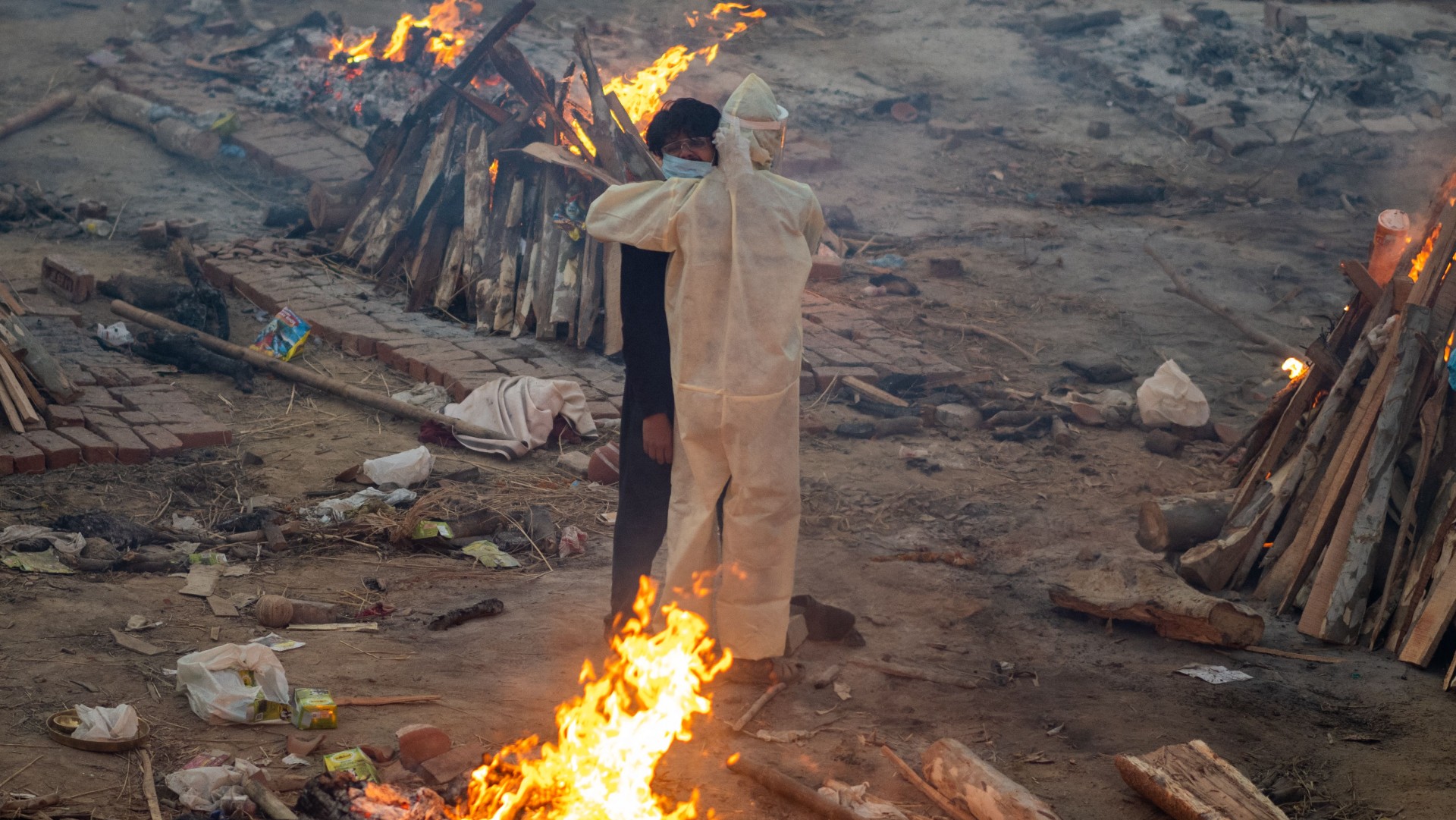
- 1. Rich countries close their eyes to the global Covid surge at their own peril
- 2. It’s grotesque that global power plays have cost Nazanin Zaghari-Ratcliffe her freedom
- 3. Voting is a basic democratic right – one denied all too often to people with learning disabilities
- 4. There are no good choices in hunt for terrorists
- 5. Why The New York Times is retiring the term ‘Op-Ed’
A free daily email with the biggest news stories of the day – and the best features from TheWeek.com
You are now subscribed
Your newsletter sign-up was successful
1. Rich countries close their eyes to the global Covid surge at their own peril
Laura Spinney in The Guardian
on a vulnerable world
Last week there were more than 5.8 million new cases of Covid across the world, the highest number yet, says Laura Spinney in The Guardian. The “sharpest upticks” have been seen in south-east Asia, the eastern Mediterranean and western Pacific regions, while the “situation is also very bad in Latin America”. We can be confident that poorer countries will contribute most of this year’s Covid deaths and “we should remember that rich countries are not immune from what happens beyond their shores”, says Spinney. “Rampant Covid in countries such as India and Brazil will shape the evolution of the virus and could cause new, even more dangerous variants to emerge, which neither our borders nor our vaccines are guaranteed to keep out.”
The Week
Escape your echo chamber. Get the facts behind the news, plus analysis from multiple perspectives.

Sign up for The Week's Free Newsletters
From our morning news briefing to a weekly Good News Newsletter, get the best of The Week delivered directly to your inbox.
From our morning news briefing to a weekly Good News Newsletter, get the best of The Week delivered directly to your inbox.
2. It’s grotesque that global power plays have cost Nazanin Zaghari-Ratcliffe her freedom
Matthew d’Ancona in the Evening Standard
on an innocent hostage
“Nazanin Zaghari-Ratcliffe is not, and has never been, a prisoner. She is a hostage,” writes Matthew d’Ancona in the Evening Standard. Her sentencing in Iran yesterday to a further year in jail was “ostensibly legal in character”, but it was really “no more than another morally outrageous tactic by Tehran to exploit her predicament for geopolitical ends”. D’Ancona says it is “grotesque beyond measure that the freedom of an innocent woman should be dependent upon such power play and global games of chess with which she has no connection”. And he concludes that “no stone should be left unturned to expedite her release and long-overdue reunion with her family”.
A free daily email with the biggest news stories of the day – and the best features from TheWeek.com
3. Voting is a basic democratic right – one denied all too often to people with learning disabilities
Dr Mark Brookes in the Independent
on accessibility
“As someone with a learning disability, I haven’t always been aware of my right to vote, and it was only 10 to 15 years ago that I voted for the first time,” says Dr Mark Brookes in the Independent. “I’m not alone. I know many others with a learning disability share similar stories.” Brookes points to research that found that 82% of people think the government doesn’t listen to people with learning disabilities as much as those without. By making the ballot box more accessible to all, “we can make an invaluable statement – that voting is open to everyone and that support is available to ensure it is an empowering experience”.
4. There are no good choices in hunt for terrorists
Max Hastings in The Times
on an intractable problem
One of the “most powerful movies of the year so far” is The Mauritanian, says Max Hastings in The Times. The film portrays the real-life persecution of Mohamedou Ould Slahi, who was detained at Guantanamo Bay without charge from 2002 to 2016. “I have no personal insight into his guilt or innocence,” Hastings writes. “But it seems important to recognise the dilemma faced by our societies in dealing with non-state enemies who pose a mortal threat, yet against whom there is no chance of securing a court conviction in any jurisdiction.” The “grim irony” is that “western security forces today find that the least bothersome way of neutralising terrorists in faraway places is to kill them”. Hastings concludes: “The message, I fear, is that there are no good answers to this intractable problem – only least bad ones.”
5. Why The New York Times is retiring the term ‘Op-Ed’
Kathleen Kingsbury in The New York Times
The first Op-Ed page in The New York Times, on 21 September 1970, was so named because it appeared opposite the editorial page, explains the newspaper’s opinion editor Kathleen Kingsbury. The original mission to “put out a welcome mat” for diverse ideas and arguments remains the same, “but it’s time to change the name”, she says. “The reason is simple: In the digital world, in which millions of Times readers absorb the paper’s journalism online, there is no geographical ‘Op-Ed,’ just as there is no geographical ‘Ed’ for Op-Ed to be opposite to.” Editorials will still be called editorials, while articles written by outside writers will be known as guest essays. “Terms like ‘Op-Ed’ are, by their nature, clubby newspaper jargon,” says Kingsbury. “We don’t like jargon in our articles; we don’t want it above them, either.”
-
 The ‘ravenous’ demand for Cornish minerals
The ‘ravenous’ demand for Cornish mineralsUnder the Radar Growing need for critical minerals to power tech has intensified ‘appetite’ for lithium, which could be a ‘huge boon’ for local economy
-
 Why are election experts taking Trump’s midterm threats seriously?
Why are election experts taking Trump’s midterm threats seriously?IN THE SPOTLIGHT As the president muses about polling place deployments and a centralized electoral system aimed at one-party control, lawmakers are taking this administration at its word
-
 ‘Restaurateurs have become millionaires’
‘Restaurateurs have become millionaires’Instant Opinion Opinion, comment and editorials of the day
-
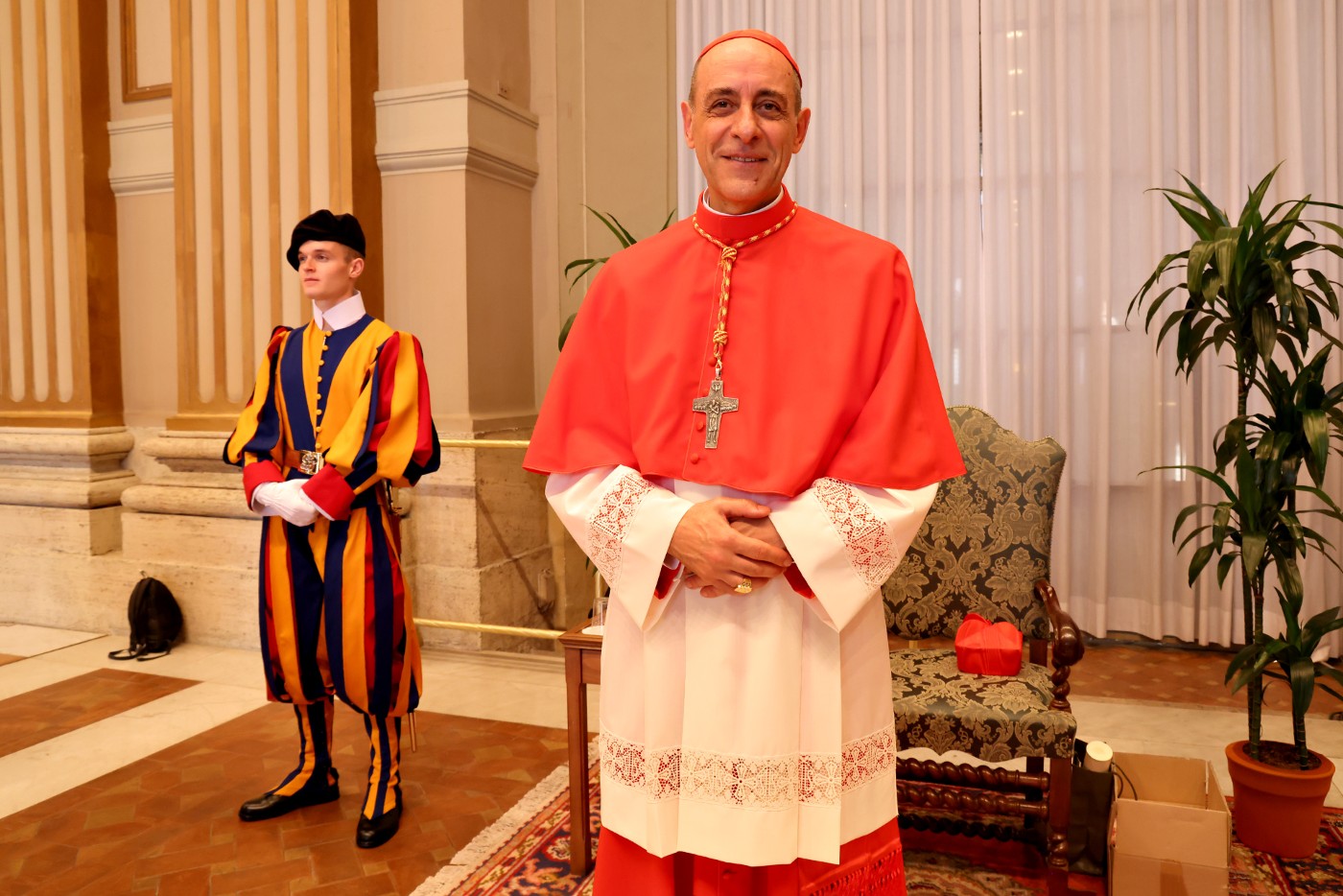 Pope aide under fire for 'mystical orgasms' book
Pope aide under fire for 'mystical orgasms' bookTall Tales And other stories from the stranger side of life
-
 Thieves who stole shopping bag in for big disappointment
Thieves who stole shopping bag in for big disappointmentTall Tales And other stories from the stranger side of life
-
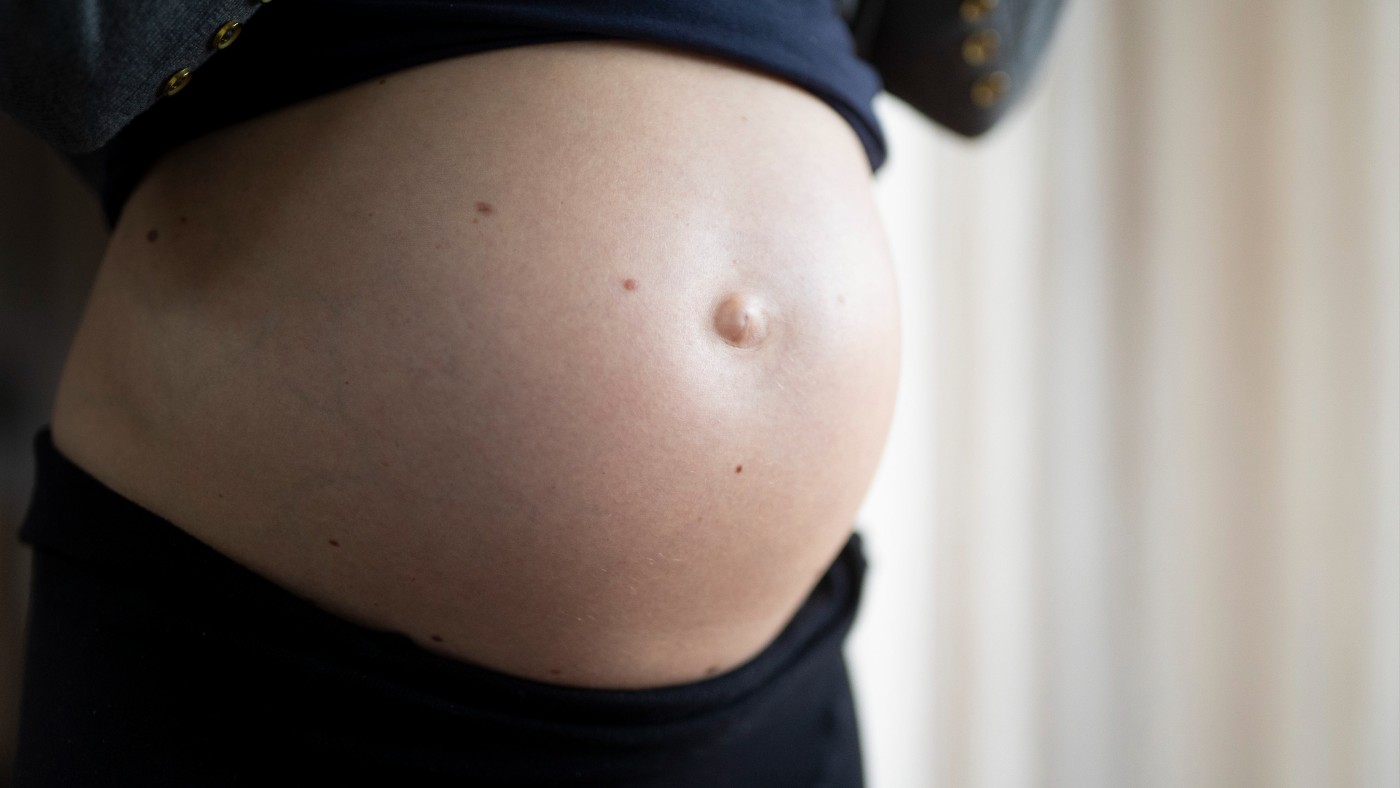 Woman has one in 50 million pregnancy
Woman has one in 50 million pregnancyTall Tales And other stories from the stranger side of life
-
 The spiralling global rice crisis
The spiralling global rice crisisfeature India’s decision to ban exports is starting to have a domino effect around the world
-
 Blast at political rally in Pakistan kills 43, wounds 200
Blast at political rally in Pakistan kills 43, wounds 200Speed Read
-
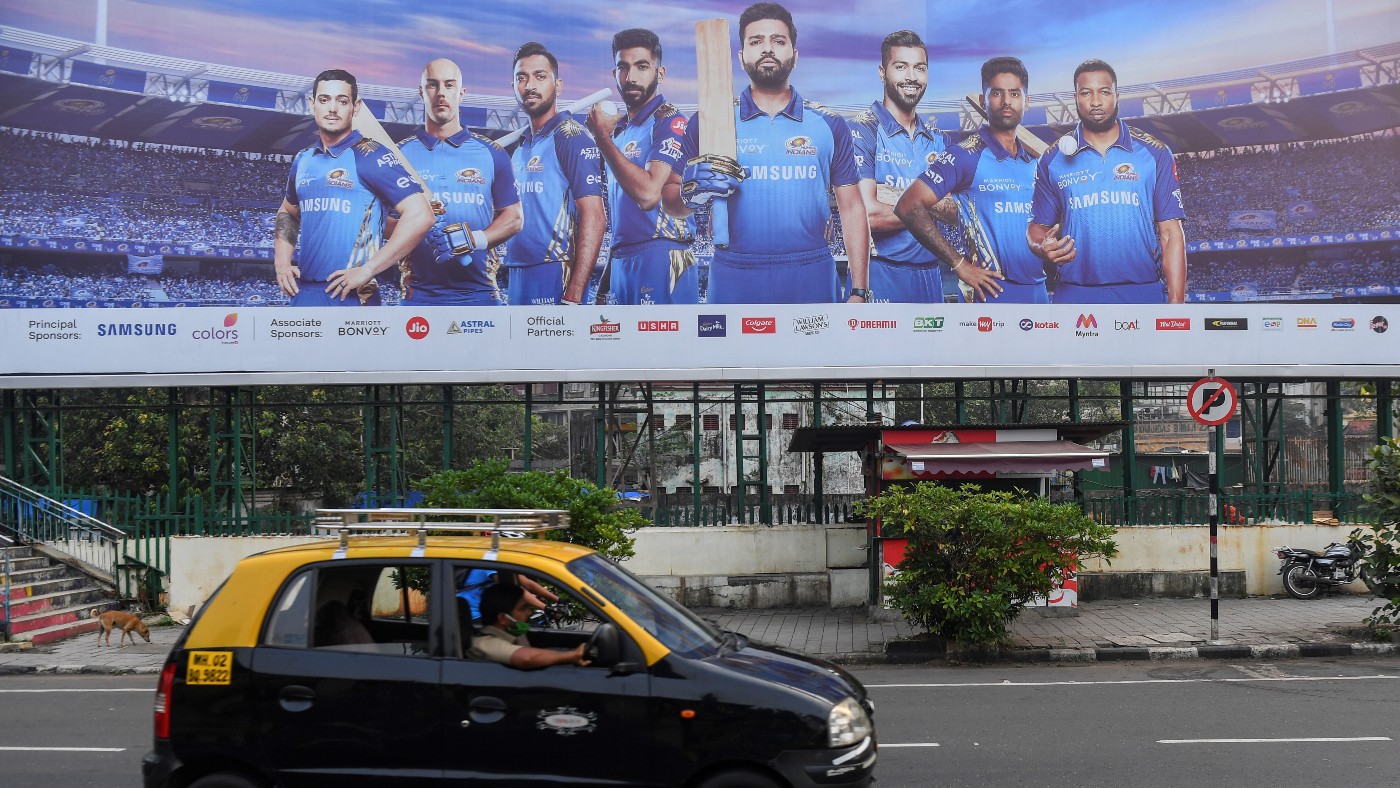 The sinister side to India’s fantasy gaming craze
The sinister side to India’s fantasy gaming crazefeature Fantasy gaming is booming in India, despite the country's ban on gambling
-
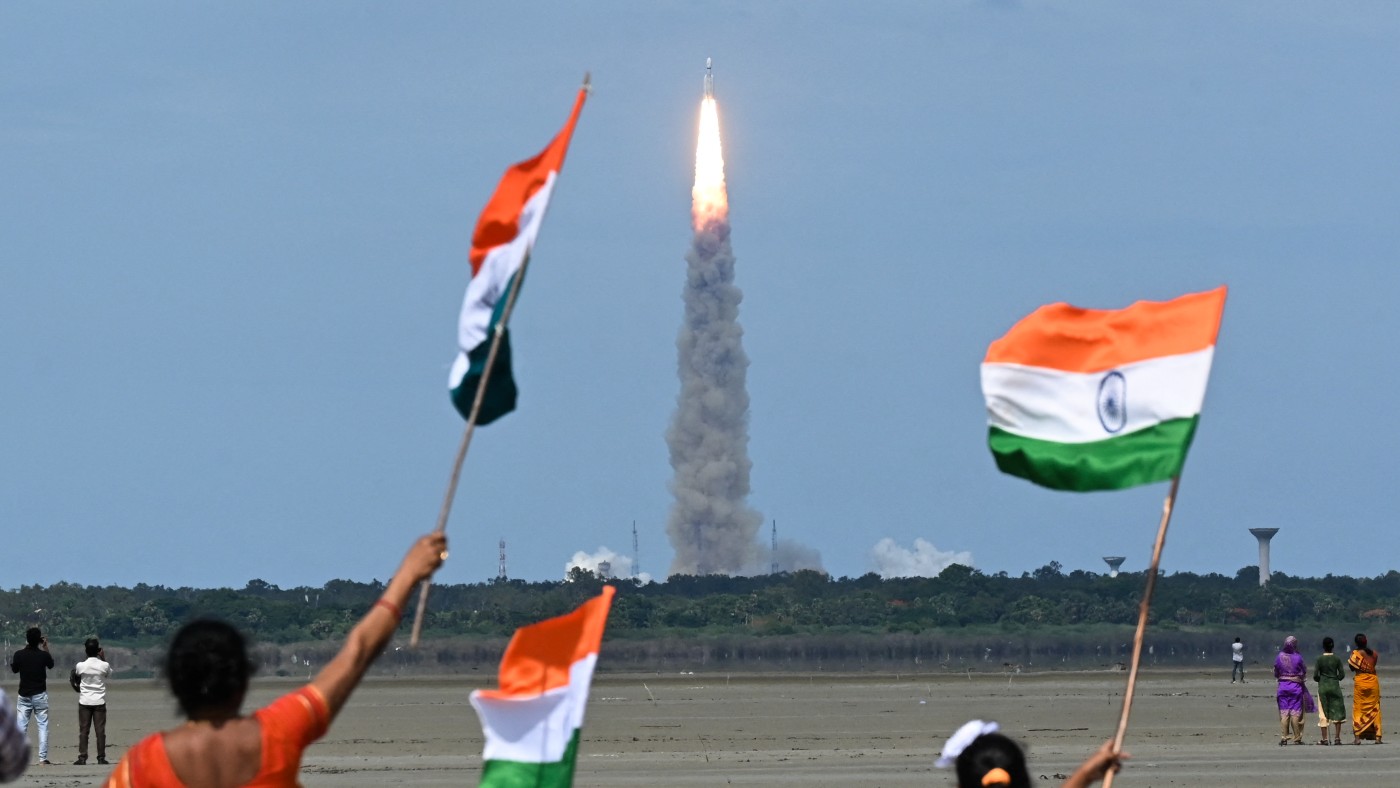 India hoping to be fourth country to reach Moon after Chandrayaan-3 launch
India hoping to be fourth country to reach Moon after Chandrayaan-3 launchSpeed Read Rocket aiming to set its lander Vikram down near Moon’s little-explored south pole
-
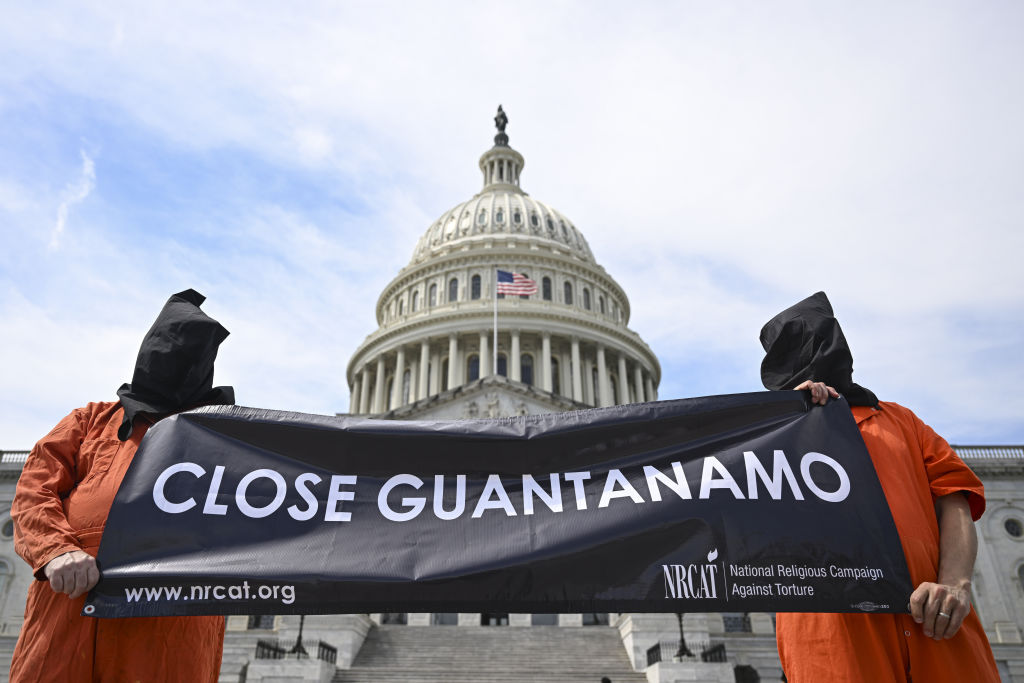 Conditions at Guantanamo Bay inhumane and cruel, UN investigator says
Conditions at Guantanamo Bay inhumane and cruel, UN investigator saysSpeed Read